On Sept. 8, 2020, Crowns and Hops Brewing Co. launched 8 Trill Pils, the craft beer inspired by a data point in the Kellogg Foundation’s Business Case for Racial Equity.
$8 trillion in GDP would be the gain if we closed the racial inequity gap by 2050.
And 8 Trill is not just a catchy name. The beer release comes on the heels of launching their 8 Trill Pils Initiative, a $100,000 fund that will support Black entrepreneurs in the craft brewing industry.
In preparation for their launch, the Kellogg Foundation spoke with Beny Ashburn and Teo Hunter, founders of Crowns & Hops.
WKKF: Crowns & Hops is not a grantee of the foundation, nor do we invest in the company. In fact, we first saw your 8 Trill Pils story in the mainstream media. We were excited to see you take action on this research. Tell us a little more about 8 Trill Pils.
Hunter: When we were first introduced to the Business Case for Racial Equity, we were inspired and wanted to feature the report and the statistic of an $8 trillion impact. As a result of that, we created a beer called 8 Trill Pils. And on Sept. 8, 2020—in a way of essentially culminating our entire racial equity initiative—we launched the beer in Germany, in the U.K. and in the U.S. to be a catalyst for the conversation about racial equity, and to show how an industry can be aligned with these efforts to make the most impact possible.
We are an example of what it means to accomplish racial equity within our industry. We saw this as a huge opportunity to not only educate our community, but to speak about what racial equity is because there seemed to be a lot of confusion around it. The report—and the work of the Kellogg Foundation–has helped us create language around [racial equity] that is easier for people to talk about it with each other and engage with one another
In 2018, just 1% of venture capital dollars went to Black start-up founders, according to a Silicon Valley Bank study.
WKKF: And it’s not just the beer. Talk more about the entire initiative and how you’re driving capital to organizations in community to advance racial equity.
Ashburn: First, we have a $100,000 grant supported by BrewDog, which is a multi-national brewery. We’ll be providing capital to Black-owned craft beer companies by providing monetary resources and technical support to help them achieve and sustain a successful business. For example, helping them with growth, development, strategy, marketing, legal, etc.
The fund itself is meant to just provide the capital, but 8TrillPills.org is also meant to provide additional resources by connecting Black-owned craft beer brands with some of the expert leaders to help them grow.
What makes this so personal for us is that we learned we had to learn a lot on our own. We were lucky enough to have built some relationships with some experts. But for the most part—those tangible resources, like: How do you create a business plan? Where do you go to find financial resources, be it a loan or private investment?—these are all things that we had to figure out in real time on our own.
But if you do not feel comfortable asking for help or you don’t know who to ask for help, it’s very hard to create a successful and sustainable company when you’re kind of doing it on your own. We were able to lean on each other, from a business partner perspective. But not having those other resources made it very difficult. We want close the gap between the ability to find the resources and actually creating and growing the brand and the business for others.
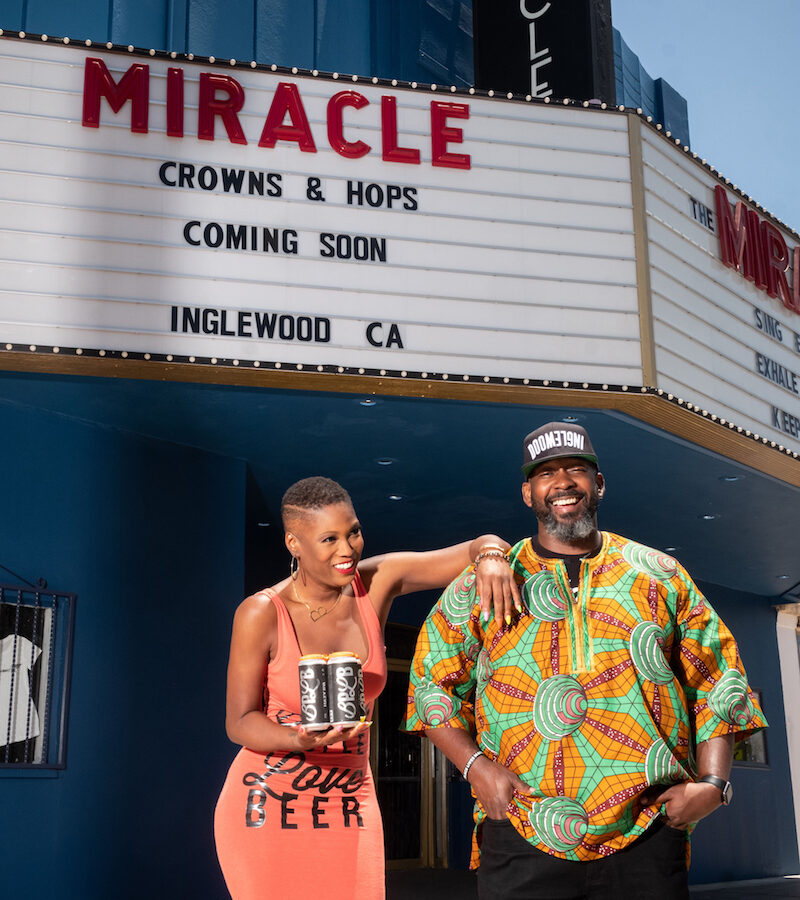
"Once you have more Black-owned businesses, we become a more diverse and inclusive industry, and ultimately a plan for strategic, economic growth develops."
Teo Hunter, co-founder of Crowns & Hops Tweet
WKKF: Why is this initiative important? Why now?
Hunter: We definitely have to recognize Marcus Baskerville, the head brewer and co-founder of Weathered Souls Brewing in San Antonio, who kicked off the Black is Beautiful campaign, which raised a tremendous amount of capital for awareness around police brutality and the disparities that we as Black people deal with as it relates to criminal justice.
And in many instances, we saw the industry react and want to help. But what was missing was context on how to continually take steps on for impactful, consistent and systemic change. We see this as a huge opportunity to evolve what the industry has already been talking about, which is diversity and inclusion. We realized in looking at ourselves and looking at how the industry was reacting, that ultimately achieving racial equity is the goal.
Once you have more Black-owned businesses, we become a more diverse and inclusive industry, and ultimately a plan for strategic economic growth develops. And 8 Trill Pils is an excellent platform to start talking about that.
Ashburn: Right now, in the climate that we’re in, people are looking for actionable steps. We’re tired. People are exhausted, but it’s also a time for us to engage our partners, our communities, our industry leaders to stand with us. 8 Trill Pils allows us to say: Let’s do this together. Let’s build and maintain racial equality as a daily practice. This is bigger than craft beer.
WKKF: You’ve read the Business Case for Racial Equity, and you know about the foundation’s work to advance racial equity. How does that connect to what you’re doing in the craft beer industry?
Hunter: If you look at our industry, out of 8,000 breweries in the US, we [as Black-owners] represent less than 1% of that.
Racial equity is not a zero-sum game. Some people say that the act of achieving racial equity or diversity and inclusion is a form of charity. But once you start to understand the potential economic gains and really understand the systemic reasons why more Black-owned breweries don’t exist—not having business or educational resources, increased health care expenses, not having available cash—we can add context around the conversation.
Ashburn: And that’s what 8 Trill Pils is about, building the business case for racial equity.
While there are over 8,000 breweries in the United States, Black leads account for just one percent of brewery ownership, according to Bart Watson, chief economist of the Brewers Association.
WKKF: From the Business Case for Racial Equity report, we know advancing racial equity is a strategy for economic growth, not just a matter of social justice. And that the businesses that properly leverage the demographic shifts happening in the U.S.— by recruiting, retaining and investing in people of color—will secure a competitive advantage in the marketplace. What would you say to others business leaders wanting to infuse these concepts of racial equity into their organization and their work, or define who they are as a leaders?
Ashburn: I would say, take a step back and look at yourself as an industry leader or the owner of your own brand, and ask: Are you working on steps inside your own company to achieve racial equity? Can you look around the room and see the diversity that’s in the actual world? Sitting at your conference table, sitting at your board table, sitting in your C-suite, are you seeing enough [people of color] to provide cultural influence and variety inside of the products that you’re selling or the messaging and the narrative that you’re projecting through your brand? How much are you actually contributing to building a racially equitable society? That’s part of what a lot of CEOs are now looking at. They are having conversations about diversity and inclusion, and they realize that they haven’t been doing enough.
Businesses that properly leverage the demographic shifts happening in the U.S.— by recruiting, retaining and investing in people of color—will secure a competitive advantage in the marketplace.
Hunter: I would add specific to the industry leaders, to the White, non-Black, non-Brown, industry leaders: You do not have to own this narrative. You do not have to own the solution.
Being part of this [movement] means that you may get it wrong the first time. And realize: The actions you take as it relates to accomplishing racial equity are more than what generations have done before you. It is important to lead with love, lead with community, and it’s okay to get things wrong. If we take our ego out of the equation, then we allow for the solutions to be realized.
Every conversation that I have with every other brewer starts with: How are your kids doing? It starts with the children, and ultimately it’s about how brewery owners and brewery workers –as parents—are taking care of their families. At the end of the day, we all want the same thing. We all want our kids to be happy and have access to resources so that they have the most fruitful, joyous life possible.
And if you start there, and take action, then it’s okay to get it wrong a few times. It’s okay to make some mistakes and to fall on your face a little bit, so long as you’re leading with love.
Each of us has the power to advance racial equity within our circles, workplaces and communities. Download the Kellogg Foundation’s new report: One Journey, a guide for foundations, nonprofit organizations, human resource professionals and any individual or organization looking to advance racial equity.
WKKF: What’s next for 8 Trill Pils?
Ashburn: On Sept. 8 we launched the beer, but we want to continue to push the conversation around racial equity, way beyond the launch.
We want to continue the conversation around racial equity. We’re asking people to continue to take actionable steps to achieve racial equity, partner with some other organizations that we will be donating to and download the Business Case for Racial Equity, leverage the tools and learn how you can make a change in your own in your own industry.

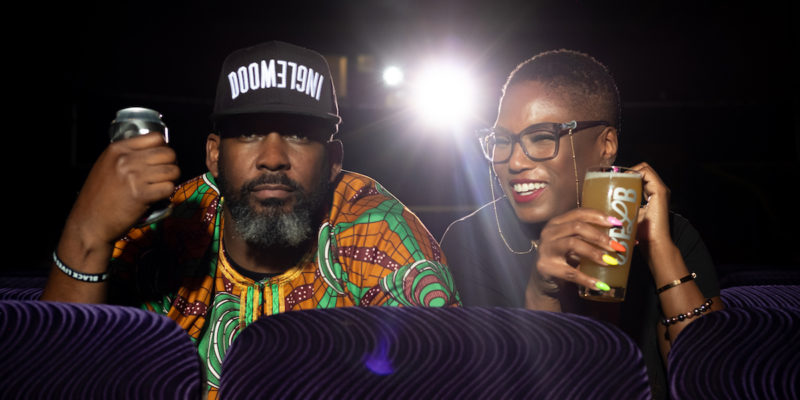
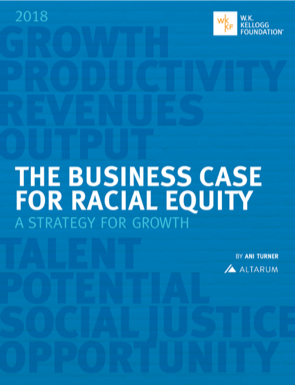
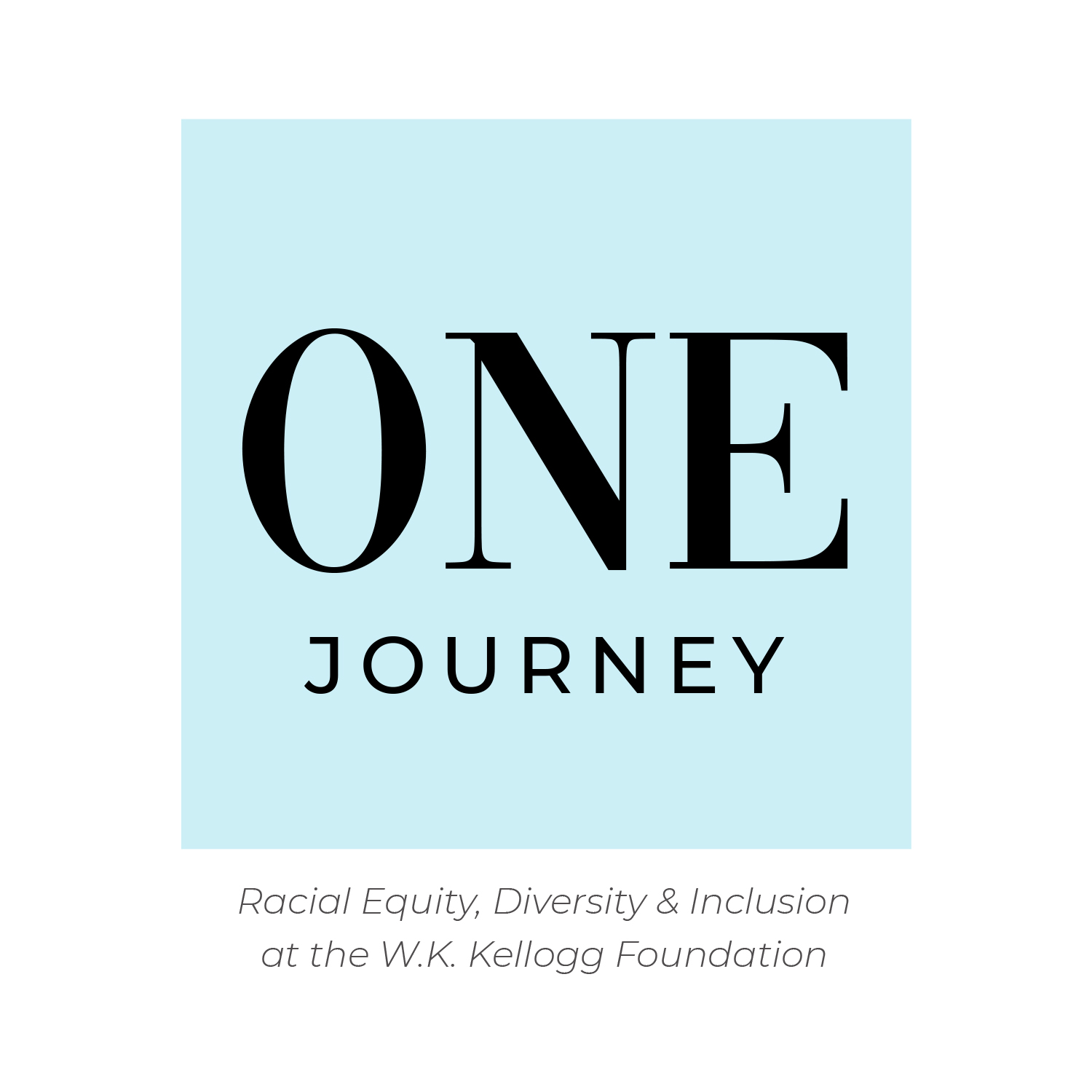
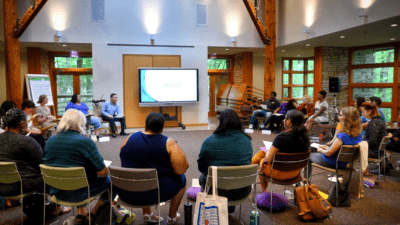
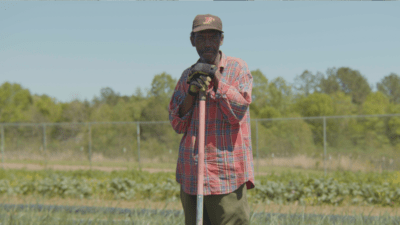

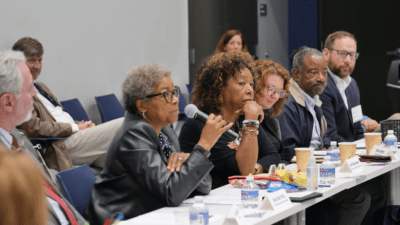


Comments